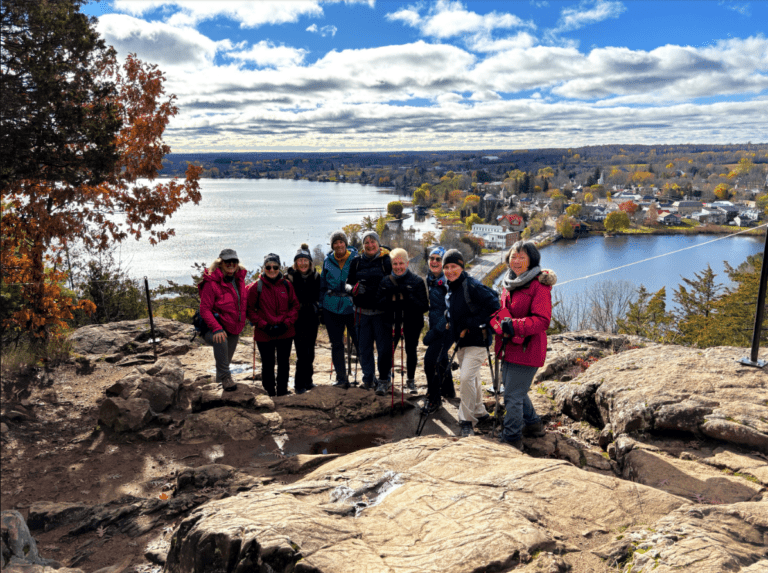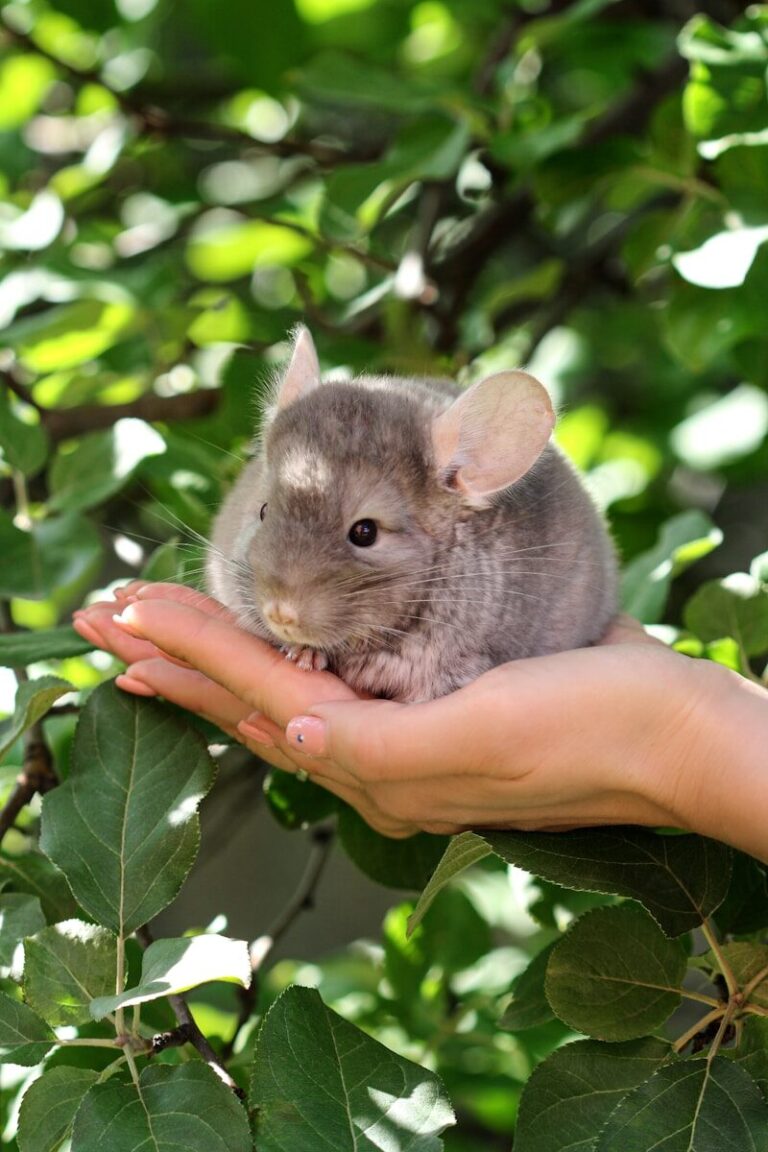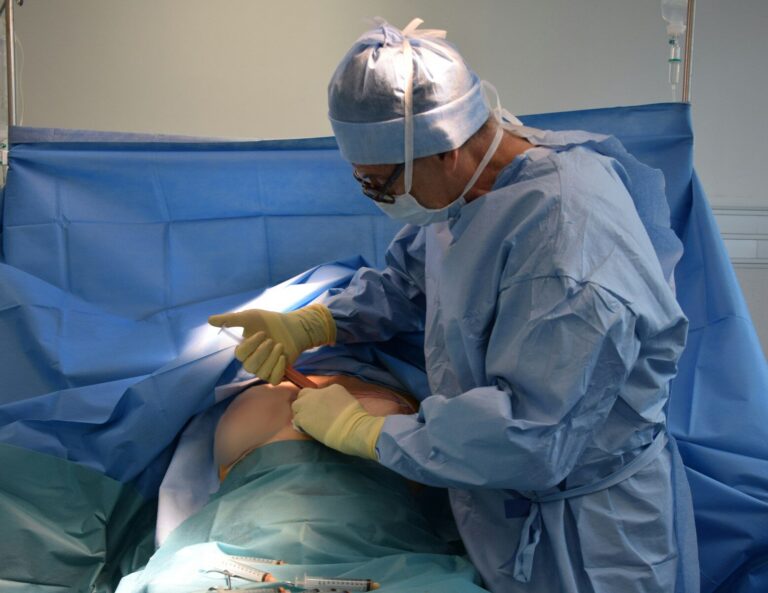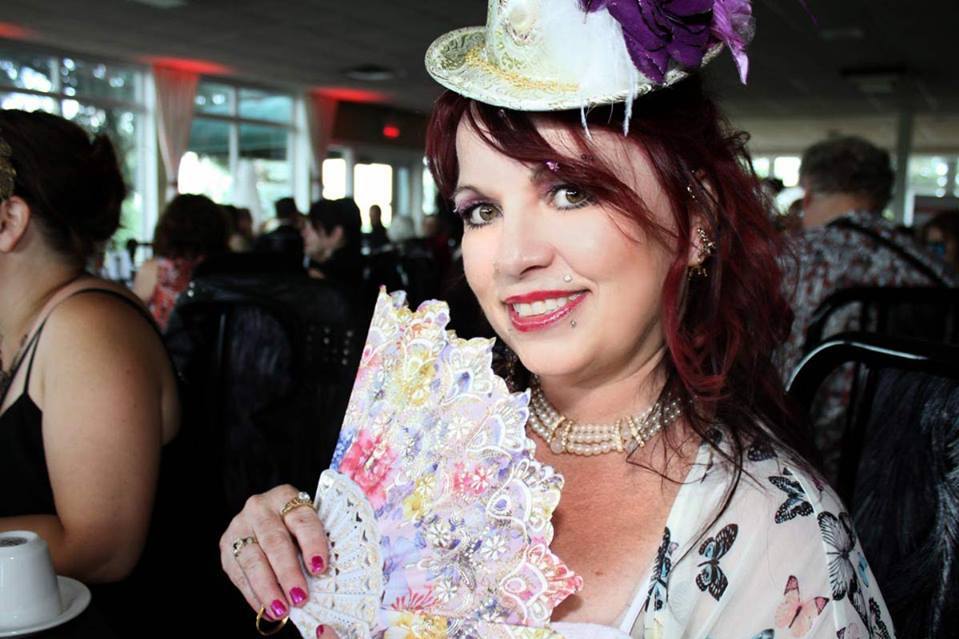

Column by Marlene Baker | Photo by John Lister
Cornwall Ontario – In this Week’s Positively Marlene column Marlene Baker she discusses her tip of the week and her item of the week. Marlene writes: Hi There Everyone, I hope that you all have had a most enjoyable kind of week since the last time you were sitting down reading The Seeker, Cornwall and the S.D. & G. area’s most Positive newspaper. The weather has been up and down with very hot temperatures on the weekend, followed by a whole lot of much-needed rain during the week. Hey, Johnny Radar, what the heck are you up to? Oh yes, he tells me he only reports the weather, he doesn’t have any pull with Mother Nature to improve it.
I have spent much of the past week in Ottawa, as my youngest adult son, Marcus, underwent surgery on his shoulder. They actually had to remove an artery from his right leg to do the shoulder surgery which was to correct an old snowboarding injury from years ago. Now he faces six weeks of recovery, then physiotherapy before he’s back to being like new again. But he will be like new, as he looks forward to being back to his good old self, and being able to move and do the things he used to. Our health care system may not be perfect, but I am sure glad we have it.
Tip of the Week:

If it’s not too late, you can prevent skin damage from the sun with a little bit of common sense. If your
skin is white and untouched by the sun, laying in the sun for a tan for hours will result in a very serious case of sunburn. Did you know that the SPF number on sunscreen actually represents the amount of time it is good for? For example, SPF 15 means you could be out in the sun 15 times longer than without sunscreen. However this is a huge catch to this equation. For starters, the average person doesn’t use enough sunscreen to make it work effectively. Also, we can sweat sunscreen off, or if we go in the water, it may not be as waterproof as we think. And it is easy to miss areas such as ears. If we are laying on a towel and turn over, we may find that a lot of the sunscreen has been absorbed into the towel and is no longer protecting us. Sunscreen can give us a false sense of security, and we can still wind up with a nasty burn, or worse yet, skin cancer. Now here is something curious… Fifteen minutes of unprotected sun exposure a few times a week will naturally raise your vitamin D levels, and as a result, you have a reduced risk of many diseases – including skin and other cancers – as well as heart disease, osteoporosis, multiple sclerosis and even depression. In fact, many cases of skin cancer have occured in recent years in people who always used a lot of sunscreen. So is sunscreen a good or a bad idea? Personally, I do not use it. Instead, I start the year getting a slow and gradual tan, which then allows me to stay out without as high a risk of burning. It is good to avoid the chemicals in sunscreen, as some of the ingredients are suspected to be carcinogens. Covering up, avoiding the noon day sun, and using common sense are your best methods of sun protection, but if this is not possible, due to work, or having kids running free, sunscreen is a choice you can make to prevent serious sunburn. Here’s to a long, hot summer, with plenty of fun, and few or no sunburns. A little common sense can go a long way towards a more enjoyable summer season.
Item of the Week:
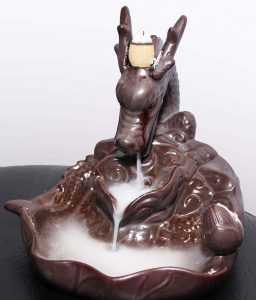
We were able to get this really cool dragon incense burner from Ebay. It uses a special kind of incense that has a hole through the bottom, and the smoke goes down, instead of up. You put the incense cone on the dragon’s head and light it. The result, as you can see in the photo, is smoke that comes out of the dragon’s mouth, and pools into a small bowl, then pours out of that into the larger pool at the bottom. It’s a lot of fun to watch, and with quality incense, it can fill our home with wonderful scents from far-away places.
While I’m on the subject, I wanted to say a little more about incense. When I Googled it, I found this: “A study found that incense-smoke is more mutagenic, genotoxic and cytotoxic than cigarette smoke. That means it is able to cause genetic mutations and cause changes in cells’ DNA, all of which can lead to cancer.” This was quite a shock to read, so I looked into the source. It was from a Chinese study where they only used four incense sticks and one cigarette. Their test made no adjustment to the fact that cigarette smoke is directly inhaled, while incense is only inhaled in greatly diluted form, when it is burning in a room. This was not a scientific study at all. To further convince me this was a farce, I then learned that the test was conducted by the China Tobacco Guangdong Industrial Company, and the lead researcher worked for the tobacco company. Consider that Cancer has only been with us in recent generations, and incense has been used for thousands of years, it seems logical that incense is relatively safe. The study also didn’t identify what kind of incense was used. The cheap, dollar-store incense is filled with artificial chemicals, while the more expensive incense uses essential oils and ingredients from flowers and aromatic plants. My advice is to enjoy your incense, but perhaps look for quality brands, rather than the cheapest kind you can find.
Until Next Week:
Consider how one becomes “Enlightened”. We don’t get there by trying, by seeking, by learning, or by doing, or by meditating or fasting or by being more spiritual. If we will just allow the outer layers of our being to drop off, things like ego and self-centeredness, we may gradually discover, to our surprise, that we were enlightened all along.
Marlene Baker of www.fashionography.ca & www.photodreams.ca







